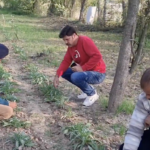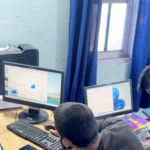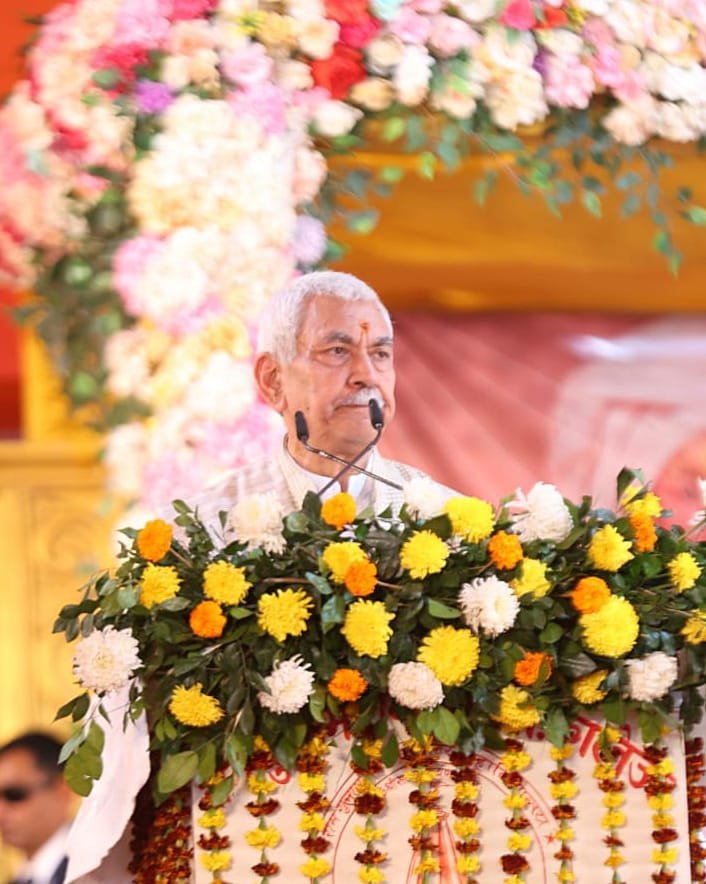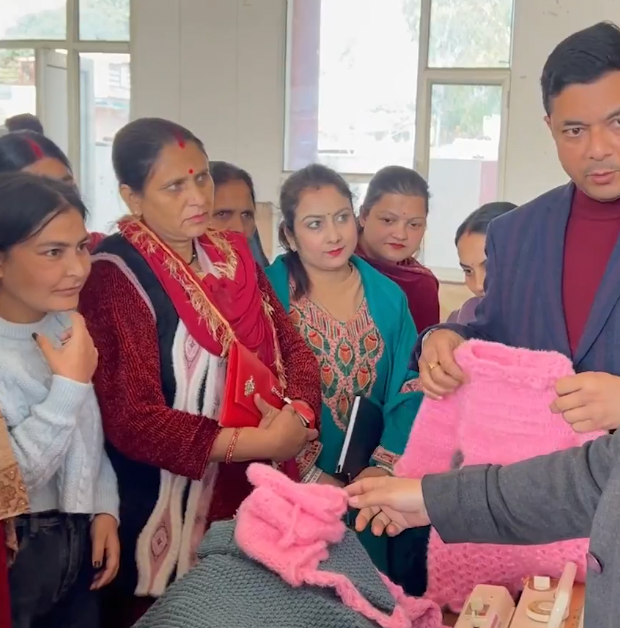Srinagar, November 26,2025– The Kashmir Valley is experiencing an intense cold spell as temperatures continue to dip below freezing point, with Srinagar recording a low of -3.9°C and Shopian in South Kashmir emerging as the coldest place in the region at -6.2°C.
The chill, exacerbated by a strong cold wave and clear skies, has intensified across the region, sending the mercury plummeting to its lowest levels of the season. The dip in temperature has caused widespread frost and increased hazardous road conditions due to icy surfaces, leading to disruptions in both transportation and daily life.
According to meteorological officials, the ongoing cold wave is expected to persist for the next few days, with night temperatures likely to drop further, especially in higher-altitude areas like Gulmarg and Pahalgam. Frostbite and other cold-related illnesses have been a growing concern among residents and tourists alike, with authorities advising people to take precautions against the severe weather conditions.
The bone-chilling temperatures have also resulted in the freezing of water bodies, including Dal Lake in Srinagar, where parts of the lake have started to freeze, creating a picturesque but dangerous scene. Shikaras (traditional wooden boats) and houseboats are seeing less activity, with only the most seasoned boatmen and tourists braving the frigid conditions.
Key Factors Behind the Extreme Cold Wave:
- Clear Skies and Light Winds: The prevailing clear skies and light winds have allowed the heat to escape into the atmosphere, resulting in sharp drops in temperatures during the night.
- Intensified Western Disturbance: The region is experiencing the tail end of a western disturbance, which brings cold and dry air, contributing to a significant dip in temperatures.
- Snowfall in Higher Altitudes: Recent snowfall in the higher reaches of the Himalayas has further compounded the cold, causing temperatures to drop even in the plains of Kashmir.
Impact on Daily Life and Tourism
The extreme cold has also led to challenges in electricity supply and water distribution, with some areas experiencing frozen water pipes. Local residents have resorted to burning wood and coal to keep warm, while tourist hotspots like Srinagar, Sonamarg, and Gulmarg continue to attract visitors, despite the frigid conditions. However, the cold weather is proving challenging for tourists not accustomed to such extreme temperatures.
Authorities have issued weather advisories, urging the public to stay indoors during the night and early morning hours to avoid health risks related to the severe cold.
The ongoing cold wave has highlighted the need for preparedness in dealing with extreme weather conditions, especially in the context of climate change, which has been causing more erratic and extreme weather patterns across the globe.










